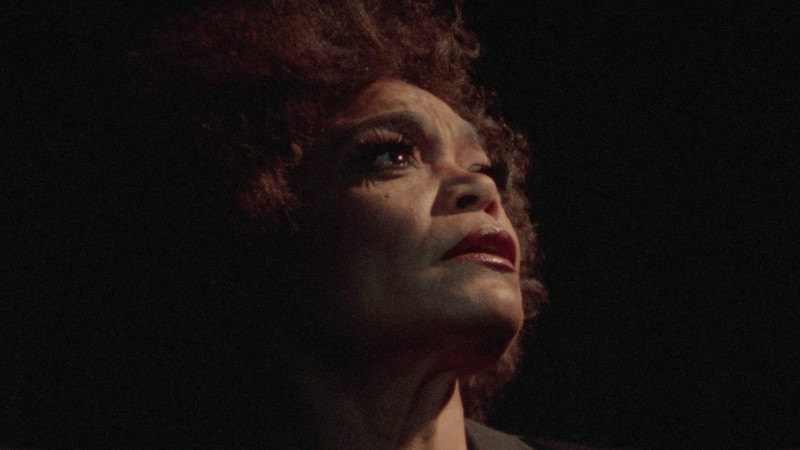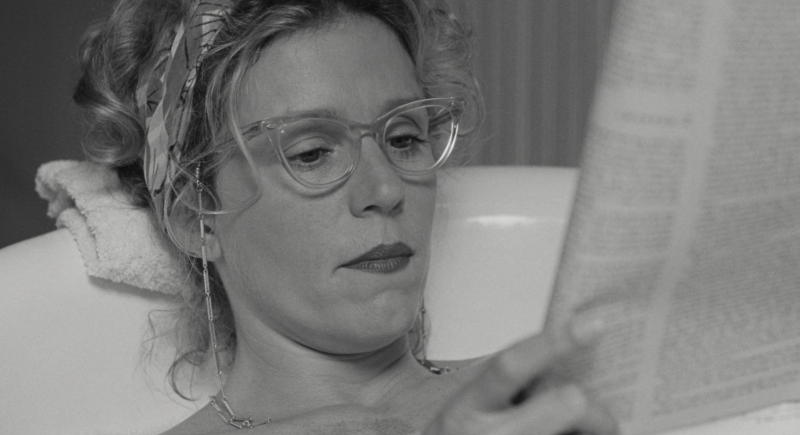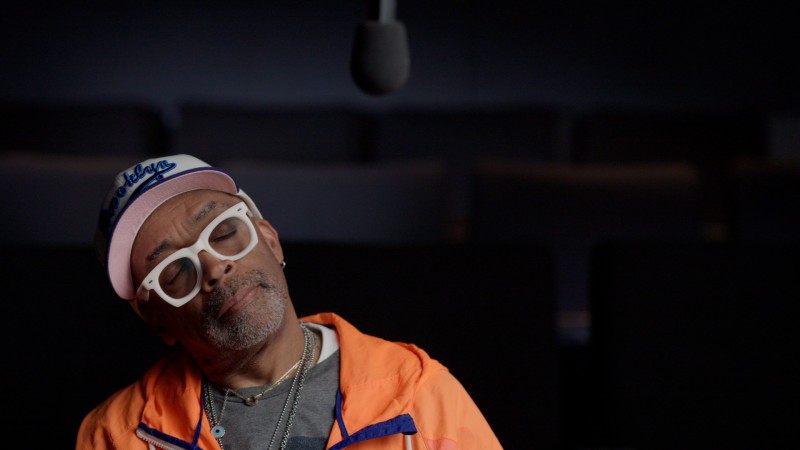Doubly Dynamic: Diana Sands in A Raisin in the Sun

The eye of the camera could not contain Diana Sands. In the handful of films she made during her brief time on earth, she disrupts the calculated equilibrium of a scene, blazing through takes and keeping acting partners on their toes with the spontaneous force of her coruscating presence. Look, for example, at her sensual and profoundly sorrowful performance as a Brooklyn hairdresser who makes the fatal error of sleeping with a Waspy gentrifier in Hal Ashby’s The Landlord (1970). Sands nearly singes the hair off star Beau Bridges’s head in her final lines about their illegitimate son. “I want him adopted as white . . . ’Cause I want him to grow up casual—like his daddy,” Sands enunciates while holding Bridges in an unblinking glare, her voice hoarse with disdain, mouth puckering from the tartness of this rebuke.
Hansberry entrusted Sands with creating the role of the iconoclastic and idiosyncratic Beneatha Younger in her groundbreaking domestic drama A Raisin in the Sun when it premiered on Broadway in 1959. A year later, Sands had one of her few screen successes out in Los Angeles with her first major film role, recreating her performance in Columbia’s 1961 screen adaptation of the play, with Daniel Petrie at the helm and alongside most of the historic production’s original cast. “I was scared by Hollywood,” Sands, a lifelong, Bronx-born New Yorker, told the Village Voice in 1962. “All the men look like Greek gods and all the women look like their sisters. But all that sun and that attention to your body turns people into cows.” True to her introverted nature, Sands remained cooped up in her hotel room when not on set, solving crossword puzzles and playing with modeling clay.
When Petrie’s A Raisin in the Sun opened in 1961, critics and awards bodies reserved the bounty of their plaudits and prizes for Sands’s costars: the BAFTAs and Golden Globes nominated Sidney Poitier and Claudia McNeil, while the National Board of Review singled out the extraordinarily affecting Ruby Dee. In his review of the play’s Broadway debut, the New York Times critic Brooks Atkinson had referred to Sands’s performance as, simply, “amusing,” auguring a similar fate for her screen interpretation.
The character of Beneatha, though, is an important part of the public’s conception of Hansberry’s classic, and even inspired a spin-off, Kwame Kwei-Armah’s 2013 play Beneatha’s Place. She’s smart-mouthed, insatiably curious about her place in the Black diaspora, and full of hopes for things beyond her immediate reach. In the six decades since A Raisin in the Sun first altered the scope of the American drama, performers as dissimilar as Debbie Allen, Kimberly Elise, Sanaa Lathan, and Anika Noni Rose have put their spins on the part. Like all iconic stage characters, Beneatha has endured beyond the actor who first gave her life, belonging to different performers, playwrights, and audiences at one point or another. Unfortunately, not enough attention has been paid to Sands, who first laid the blueprint for this unexpected heroine. Beneatha possesses a candid, willful mettle that originated on the page but was first exuded, at maximum radiance, by Sands.
In a 1964 speech, Hansberry spoke these indelible words of encouragement to three young students who had won a creative writing contest hosted by Reader’s Digest and the United Negro College Fund, words that continue to echo throughout popular culture and the minds of many Black Americans: “Though it be a thrilling and marvelous thing to be merely young and gifted in such times, it is doubly so—doubly dynamic—to be young, gifted, and Black. Look at the work that awaits you!” A life’s work awaits twenty-year-old Beneatha, just as it must have seemed to await Sands when she played the character in her midtwenties. Both actor and character are full of youth and dreams not yet deferred. Beneatha may share a bedroom with her mother, Lena (McNeil), in the same cramped cold-water flat where she resides with her brother Walter (Poitier), sister-in-law Ruth (Dee), and adolescent nephew Travis (Stephen Perry), but she actively seeks a life beyond the walls of the only home she has ever known, on Chicago’s South Side.




